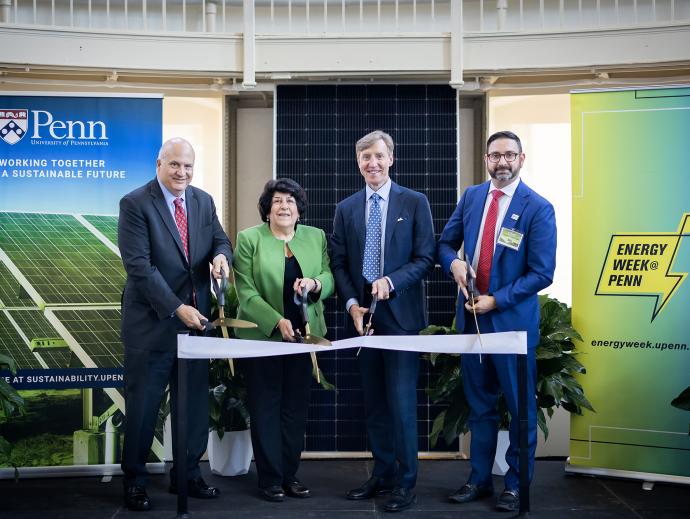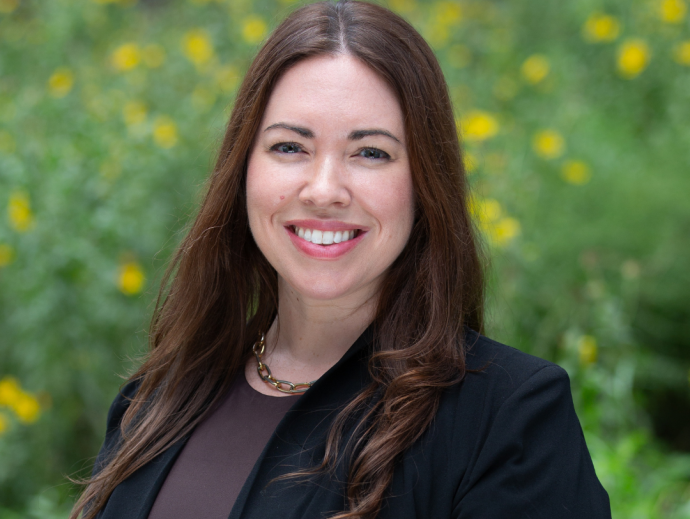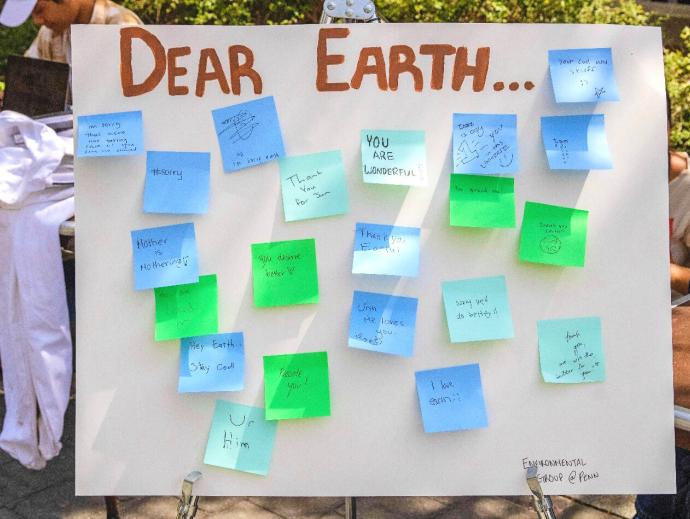Teaching & Research
Complex challenges such as climate change and loss of biodiversity require collaborative solutions. The Environmental Innovations Initiative is dedicated to leveraging the considerable academic strengths of the University of Pennsylvania to meaningfully impact the critical environmental challenges of our time and foster impact-oriented connections between disciplines. Launched in 2020 and housed in the Office of the Provost, the Initiative is built around a vision of informing the transition to a more resilient society and fostering harmony with nature.
Through its inclusive and dynamic programming, seed funding, and interactive tools, it has facilitated collaboration across disciplines, formed strategic alliances with external partners, and elevated the visibility of Penn’s assets. The Initiative and Penn Sustainability collaborate to support the academic components of the Climate and Sustainability Action Plan, promote environmental literacy and action through campus-wide events like Earth Week and Climate Week, and ensure sustainability throughout both the operations and the scholarship of the University’s schools and centers.
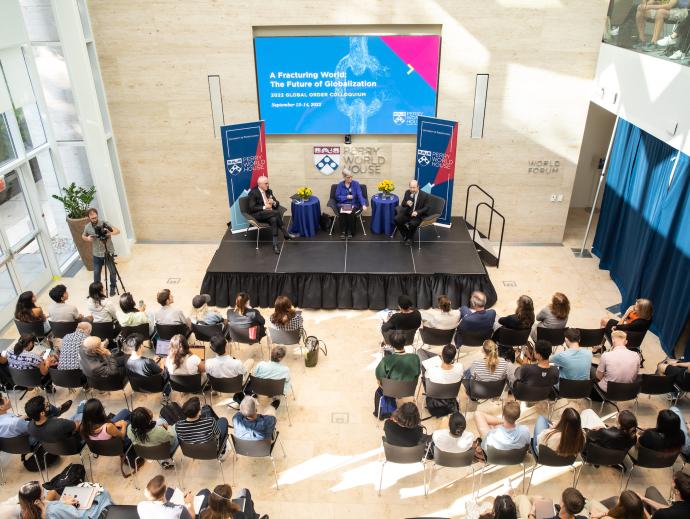
Centers
Many of Penn’s diverse and dynamic institutes, centers, initiatives, and offices foster collaboration around environmental challenges, each bringing their own perspective and working at a variety of scales, from the local to the global.
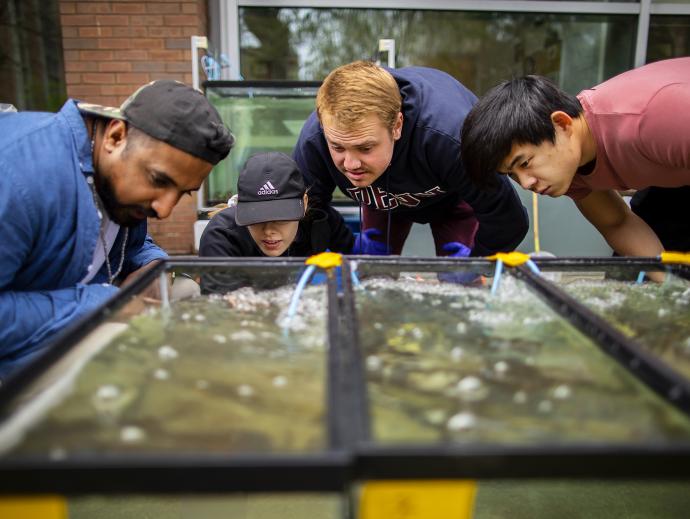
Course Inventory
A searchable course inventory, developed by the Environmental Innovations Initiative, documents offerings for undergraduate and graduate students related to the environment and is updated regularly.
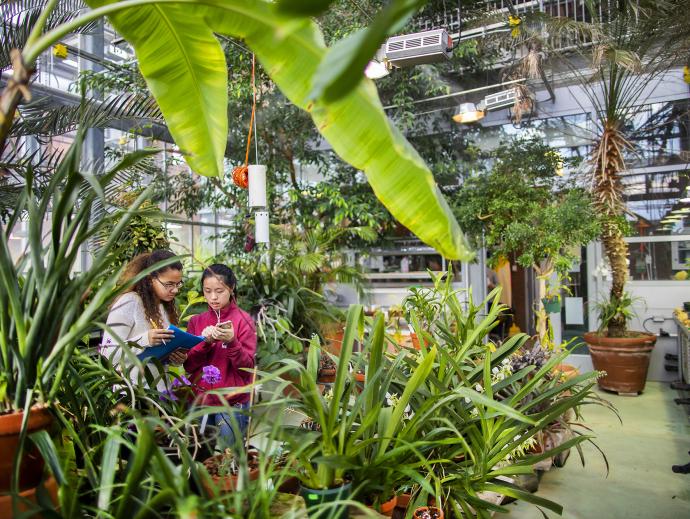
Degrees & Concentrations
Students at Penn have a wealth of choices when it comes to selecting degrees, concentrations, and certificates related to sustainability and environmental topics. The Initiative has collected a curated list of these opportunities, representing offerings within all 12 Schools.
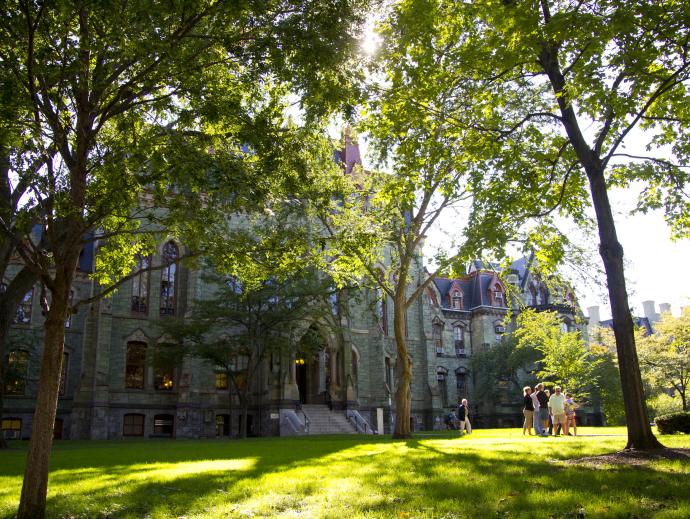
Academic Climate Commitments
In 2022, each of Penn’s 12 Schools launched its own academic climate commitment. Tailored to the disciplines of the schools, these statements showcase pathways to integrate sustainability into any professional pathway. As a facet of this, the Environmental Innovations Initiative has curated a growing list of selecting degrees, concentrations, and certificates related to sustainability.
Sustainability Coursework at Penn
No matter what their course of study, Penn students can help infuse principles of environmental sustainability into existing and new courses.

